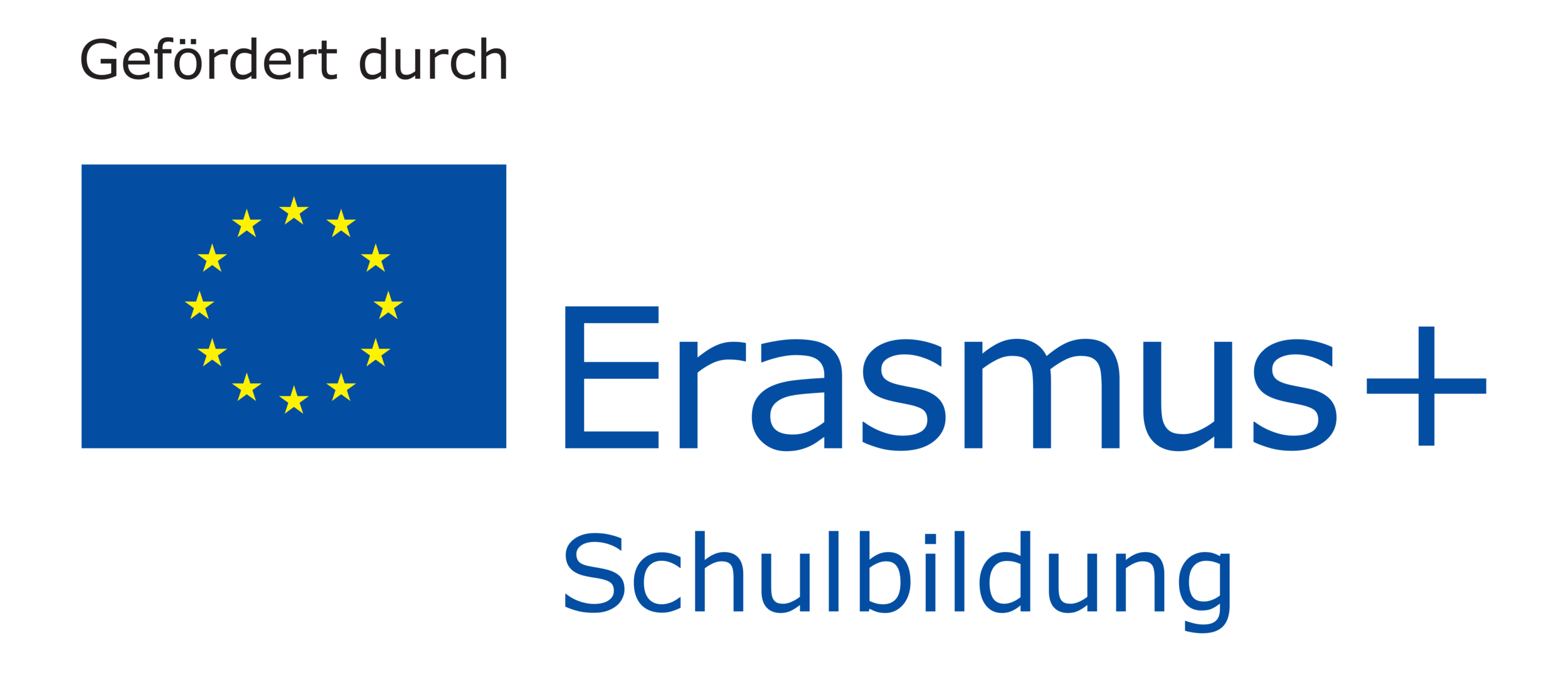Max
Social-Emotional Competence
Max's family consists of his mother, father, and twin baby siblings. The family has recently relocated to Germany from Israel. Max is completely bilingual in German and in Hebrew.
His parents both worked for the first few months while the family was living in an interim house. Max's father moved before the rest of the family. His mother and the children have recently joined him and the container with the family belongings has not arrived yet. The family has limited access to age appropriate toys. Max has spent 6 weeks at home with his mother and the twin babies because a kindergarten spot was not yet available.
Now that Max has entered his new kindergarten, his educators have observed difficulty in his initiating independent play, sharing, and taking turns. He often engages in play fighting and is one of the most physical children in the group. He often talks about his mobile device and avoids any cuddles or gentle physical contact with educators or children. Max also had a live-in nanny for the last three years in Israel.
Age: 22 months
Home language: English
Additional language spoken: Hebrew
Research shows a strong link between social-emotional competence and cognitive development, language acquisition, mental health, and general academic success (Housman, 2017).
Social-emotional competence is the ability to interact positively with others, regulate emotions and behaviour, solve problems, and communicate effectively with others (Innis, 2018).
Competence is the ability to do something successfully. It is considered to be an important aspect in the process of consent in young children. Based on a child's past experiences, personality and so forth, a child's competence can inform their ability to make decisions and participate in activities, etc. (Diesfield, 2015).
Max's educators may recognize that he shows great competence in his language skills. However, due to his recent move and family situation, he may be lacking in social-emotional skills which is making it increasingly difficult for him to cope with his situation. While he may be able to express himself in two languages, he now needs to learn how to use that language to help him communicate his wants and needs.
What are the potential risk factors for Max when it comes to prosilience?
What are the potential resources to support Max when it comes to prosilience?
How might Max be feeling?
What is a potential hypothesis for Max's behaviour?
What next steps could his educators take?
In what way can we allow for Max to express his aggression or frustration in a healthy and safe way?
What kind of support plan could be made for Max? What kind of support could be given to his family?
Is the nanny still involved in some way or did Max also lose a significant bonding person at this time of transition?

